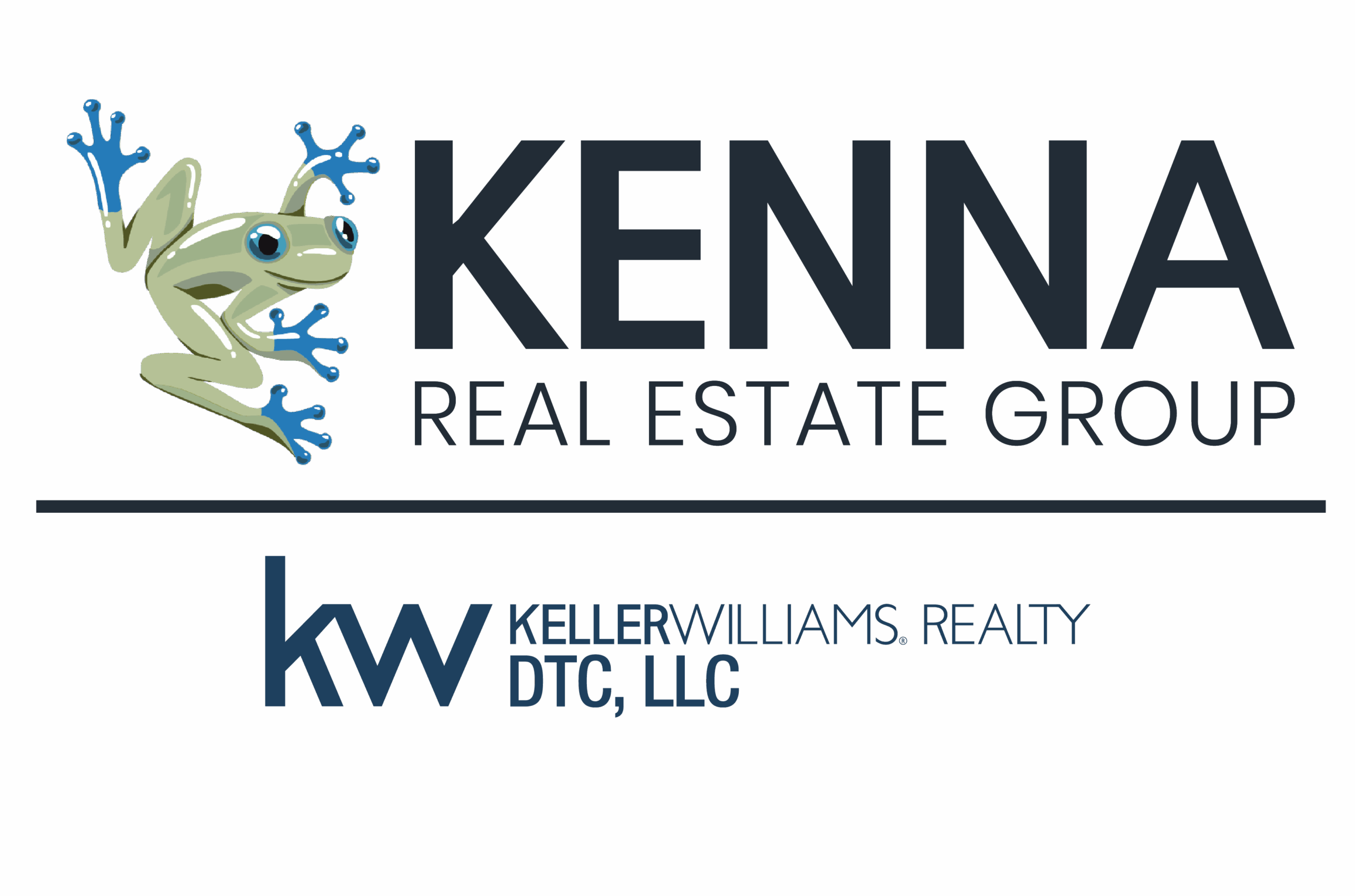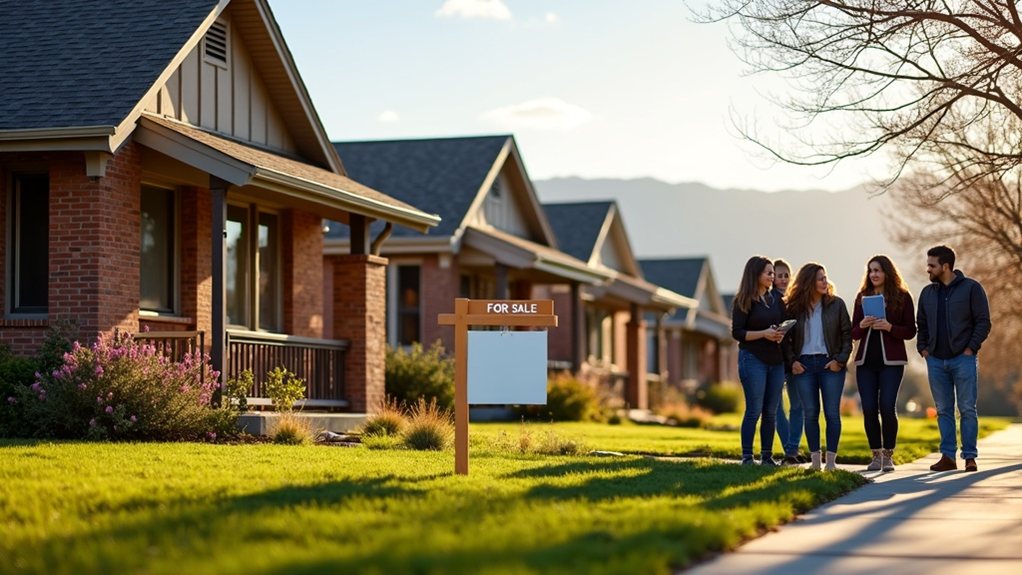If you’re thinking about buying a HUD home here in Denver, there’s a lot more to it than just spotting a low price online. We’ve all seen those listings pop up in neighborhoods we’re familiar with, but figuring out if one of these homes is really a good fit takes a little local know-how and a fair bit of patience. Let’s talk through what you should expect before you even think about making an offer…
Understanding What Makes a HUD Home in Denver
If you’ve ever driven past a “HUD Home” sign in Denver and wondered what that really means, you’re not alone.
Here in the city, a HUD home is a property that’s been repossessed by the Department of Housing and Urban Development after a previous owner defaulted on an FHA loan.
These places hit the market “as-is”—no fresh paint or repairs from HUD.
We often see them listed at prices noticeably below Denver’s typical housing costs, sometimes with down payments as low as $100 if you’re eligible.
The catch? You need to be a U.S. citizen or legal resident, show a stable work history, and meet minimum credit requirements.
Owner-occupants get first dibs—investors have to wait their turn after the initial 30 days.
How the Denver HUD Home Buying Process Works
While the process of buying a HUD home in Denver might sound a bit mysterious, it’s actually pretty straightforward once you know where to look and what to expect.
Around here, we often start by browsing the HUD Home Store or chatting with local bid specialists who know the ropes. Listings update daily, so timing matters. Owner-occupants get first crack during the initial 10 days, which feels a bit like a neighborhood head start.
If you’re thinking of making an offer, here’s how it typically unfolds:
- Find a property through HUD’s site or an approved agent.
- Submit your bid electronically, including price, contingencies, and earnest money.
- Wait for HUD’s review—owner-occupants get priority.
- Move forward with due diligence if your bid’s accepted.
Navigating Inspections and Property Condition
Getting your offer accepted on a Denver HUD home feels like a win, but the real homework starts when it’s time to look under the hood—sometimes literally.
Inspections here aren’t just a formality; they’re an in-depth examination into everything from electrical hazards and window conditions to the bones of the building. For multiunit properties, inspectors pick units at random, checking shared utilities and making sure appliances and security meet Denver’s codes.
We’ve seen detailed reports, signed checklists, and even on-the-spot corrections if minor issues pop up. Remember, there’s a tight 90-day window to get that inspection and apply for your license—so don’t wait.
Reinspections cost extra, and delays happen if not everything’s fixed onsite. Being thorough now saves headaches later.
Funding Options and Financial Assistance in Denver
When you start digging into how folks buy HUD homes around Denver, you quickly realize there’s a whole patchwork of programs and rules—not just the sticker price on the listing.
We’ve seen neighbors navigate everything from city grants to federal vouchers, and it helps to know what you’re up against before diving in.
Here’s how funding and assistance often shake out for Denver buyers:
- Denver’s direct programs require you to meet specific income (usually 50–120% of AMI) and asset caps, with a pre-qualification step that’s good for six months.
- HUD-funded grants come through state channels, often with long-term affordability restrictions.
- Housing vouchers can sometimes be used for buying, not just renting, if you qualify.
- Every option demands plenty of paperwork—think tax returns, pay stubs, and bank statements.
Eligibility Rules and Buyer Preferences Explained
Let’s talk about how HUD homes in Denver often give owner-occupants the first shot, which means folks planning to actually live in the house get a real advantage.
Investors have to wait their turn, so if we’re hoping to buy a place to call home, we’re already ahead.
This system keeps our neighborhoods rooted in local pride, not just outside investment.
Owner-Occupant Priority Programs
Although it might seem like HUD homes in Denver all follow the same rules, there’s actually a careful system in place that gives some folks a head start—especially if you plan to live in the home yourself.
Here in Denver, owner-occupant priority programs really shape who gets first crack at these properties. Let’s break down what matters most if you want to buy and live in a HUD home:
- Priority periods: FHA-insured homes offer a 30-day window for owner-occupants; uninsured homes give five days.
- Who qualifies: Seniors (60+), families with young kids, and folks with disabilities often get extra preference.
- Residency requirement: You’ll need to stay in the home at least a year and not have bought another HUD home recently.
- Documentation: Be ready with proof of residency intent and any eligibility paperwork.
Investor Bidding Restrictions
Even here in Denver, where real estate buzz never really quiets down, buying a HUD home as an investor isn’t as simple as showing up with cash in hand.
Federal programs set strict eligibility rules that really shape who can bid—and why. Most funds, like HOME and self-help initiatives, flat-out prioritize nonprofits, local agencies, or owner-occupants.
Investors face income or asset limits, sometimes capping assets at just 1.5 times the home’s price. If you’re thinking about a quick flip, long affordability periods and resale restrictions will slow you down or block the deal entirely.
Denver’s preference is clear: permanent housing for locals, not short-term profits. For-profit bids under CDBG only get a shot when they address urgent community needs, not speculation.
Key Legal and Compliance Factors to Check
When we’re checking out HUD homes here in Denver, it’s not just about getting a good deal—it’s about knowing the rules that actually shape what you can buy, how you can live, and whether you’ll hit any surprises after closing.
Our city’s got its own quirks, so we need to keep a sharp eye on legal and compliance details. Here’s what we always double-check before making an offer:
- Title 24 Compliance: Every home must meet strict federal standards, not Colorado codes.
- State and Local Oversight: The Colorado Division of Housing steps in where local building departments don’t exist—especially for factory-built homes.
- Income and Asset Limits: Eligibility for certain program homes depends on household size, income, and assets.
- Rental Licensing: Both multiunit and single-unit landlords need proper licenses and regular inspections.
Potential Risks and Important Buyer Precautions
Since we’ve all heard stories about homebuyers running into unexpected headaches with HUD homes in Denver, let’s get honest about the risks before we get too swept up in the excitement.
First off, there’s the agent challenge: we’ve to use HUD-approved agents, and in some neighborhoods, they’re few and far between. Their certification process can drag out for weeks, and bidding windows close fast—blink and you’ll miss it.
We also don’t get any property disclosures, so it’s on us to dig deep and pay for inspections. Most HUD homes sell “as is,” meaning those scary repairs—plumbing, electrical, foundation—are all on our dime.
And let’s not forget strict resale rules; break them, and we’re looking at fines or worse. Denver’s market doesn’t cut us much slack.
FAQ
Can I Renovate or Remodel a HUD Home After Purchase?
Absolutely, we can renovate or remodel a HUD home after purchase.
Around here, folks use renovation loans like FHA 203(k) or HomeStyle to roll upgrade costs into the mortgage—think updating kitchens, adding bedrooms, or even building an ADU.
Just be sure to follow local codes and use approved contractors.
It’s a great way to turn a fixer-upper into something special, especially if we plan to call it home ourselves.
How Long Does the HUD Home Buying Process Typically Take?
From what we’ve seen around here, buying a HUD home usually takes about 30 to 45 days once your offer’s accepted—assuming your financing and paperwork move smoothly.
There’s a quick 48-hour turnaround for contracts, and if you’re using a loan, appraisals and approvals can stretch things out.
We tell neighbors to be ready for a few hiccups, especially with “as-is” homes, but if you’re prepared, the process isn’t overly intimidating.
Are HUD Homes Available to Purchase With VA or USDA Loans?
We can absolutely use VA loans to buy HUD homes around Denver, as long as the property meets the VA’s standards—think basic safety, soundness, and habitability.
USDA loans get trickier since most of Denver doesn’t count as “rural,” but outlying spots sometimes work.
The catch with both loans? HUD homes usually sell “as-is,” so we’ll want to budget for repairs and make sure the place passes the right appraisals.
What Happens if My HUD Home Bid Is Rejected?
If our HUD home bid gets rejected, we don’t get to appeal, and we might lose our earnest money if we missed paperwork or rules.
HUD will usually move on to the next highest bidder or send us a counteroffer if they’re open to us raising our price.
We can still submit a new bid while the property’s available.
It’s a learning curve, but staying organized and flexible keeps us in the game.
Can I View a HUD Home More Than Once Before Making an Offer?
Absolutely, we can view a HUD home more than once before making an offer.
Here in Denver, it’s common to take a first walk-through with your HUD-approved broker, then come back with an inspector or even a contractor if you’re considering renovations.
These homes are sold as-is, so it’s smart to really get a feel for the place before bidding.
Just coordinate visits through your broker—they handle access and know the ropes.


